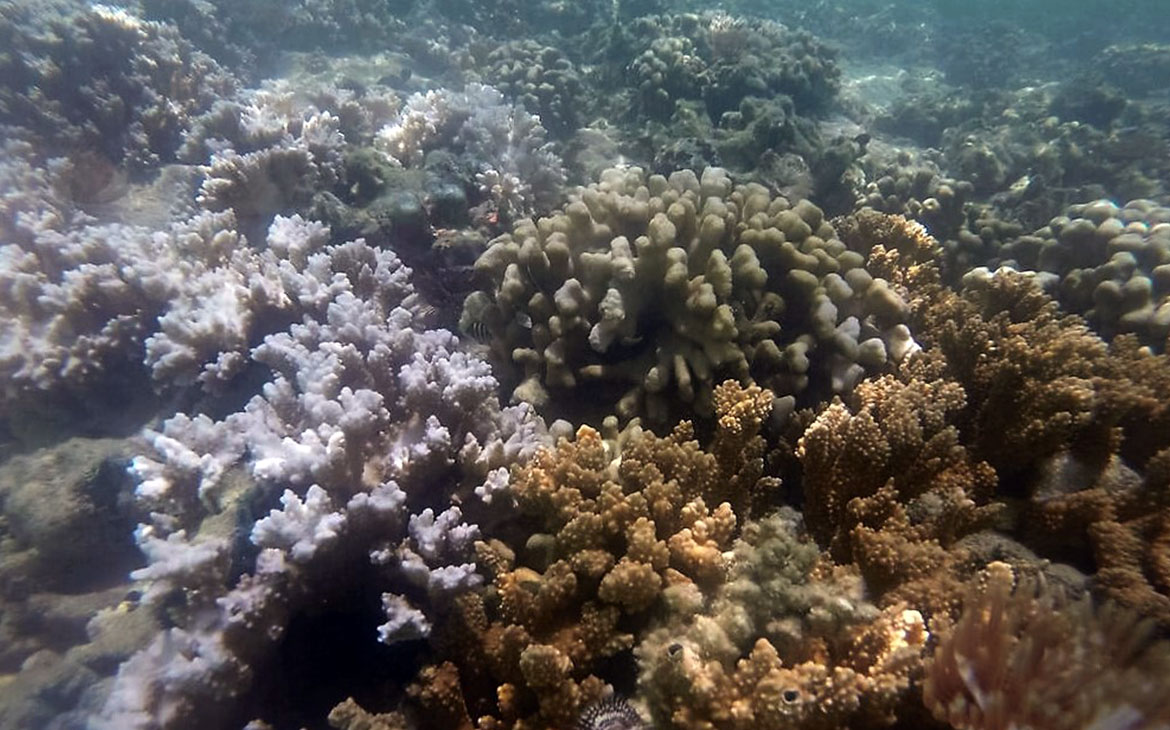Horseshoe Crabs on Oyster Farms
We know that fences around farms and homes can change how wildlife species move across a landscape, but what happens if the farms are under water? In 2018, the Munroe…
We know that fences around farms and homes can change how wildlife species move across a landscape, but what happens if the farms are under water? In 2018, the Munroe…
The earth is getting warmer, sea levels are rising, and this is reflected in the occurrence of “ghost forests” in the Mullica Valley in southern New Jersey. The increase is…
Of all environments on Earth at which life flourishes, deep-sea volcanoes are probably the most extreme. Temperatures within many of these systems range from 2-400°C, pressures are in excess of…

The last two summers in Hawaii were hot, hot, hot. Our temperature loggers in the water reached temperatures of over 32˚C (over 90˚F!) on the reef crest. Many of the…
This week, a paper by members of Rutgers University Center for Ocean Observing Leadership was released in Nature covering how the coastal ocean can dictate the intensity of tropical cyclones.…
November-December in the North Atlantic can be a brutal time of year to conduct scientific research, with winds reaching 50 knots and waves higher than 20 ft. Researchers aboard the…
On November 13th the Science Magazine published a special issue highlighting the effects that climate change has on the oceans. An article by Marianne Lavelle examines how climate change is…